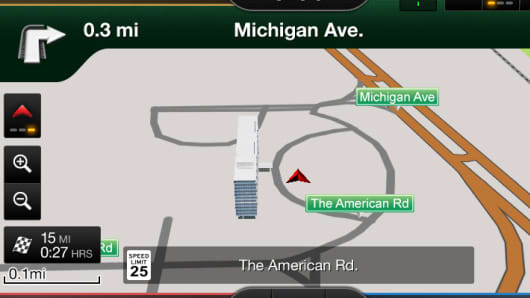Ford has been taking some big hits in consumer surveys for the last several years due to problems with its various infotainment systems, notably the MyFord Touch and MyLincoln Touch technologies. And now those concerns could land it in court.
A federal class action has been filed in the U.S. District Court in Central California demanding "compensatory relief" on behalf of motorists who have been frustrated by the Ford infotainment systems—in particular, with the problems involving their touchscreen interface and generally software programming issues.
(Read more: Ford, Amazon, Subway and History Channel generate most buzz)
"The MyFord Touch problems in Ford vehicles are legion and now well-documented," said Adam Levitt, a director at Grant & Eisenhofer, a law firm that specializes in consumer class action lawsuits.
"Had consumers known about the numerous and widespread issues with the system in Ford's cars, they would not have purchased or leased these vehicles. We intend to see that they are properly compensated for defective systems, and will call on Ford take affirmative steps to see that customers' expectations are met," he said.




